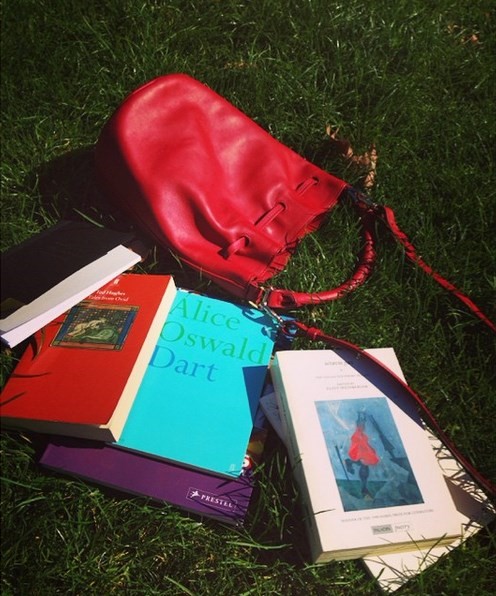Inspired by National Poetry Day, Greta Bellamacina spotlights five of the best
I recently edited a collection of British contemporary love poetry, which included works from well-known wordsmiths such as Ted Hughes, to avant-garde talents like John Cooper Clarke, Annie Freud and Wendy Cope – all bringing to life their translations of love. On the night of the book launch I was suddenly struck by how many living poets were actually in the room. This would seem like an absurd statement, but rarely are poets able to publically celebrate their work – especially in their own lifetimes. Here, inspired by this epic experience and in celebration of the recent National Poetry Day, I've showcased five contemporary female poets whose prose is as innovative as it is inspirational.
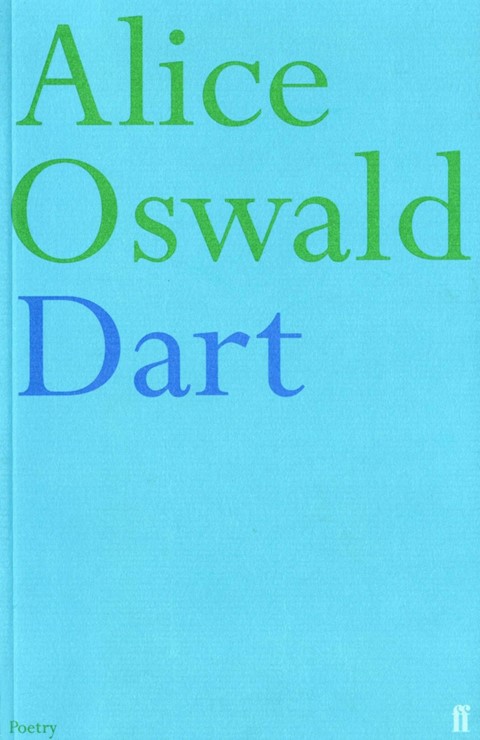
1: Alice Oswald
British poet Alice Oswald has to be one of my very favourite poets of all time. Her second collection, Dart, which won her the T.S. Eliot prize in 2012, is a collection I continually revisit; it’s an epic, book-length poem about the West Country waterway and the people living on its margins. Her strange and moving couplets and endlessly juxtaposed language describes the natural world as mundanely magical: “You can hear water/cooped up in moss and moving/slowly uphill through lean-to trees/where every day the sun gets twisted and shut/with the weak sound of the wind…”
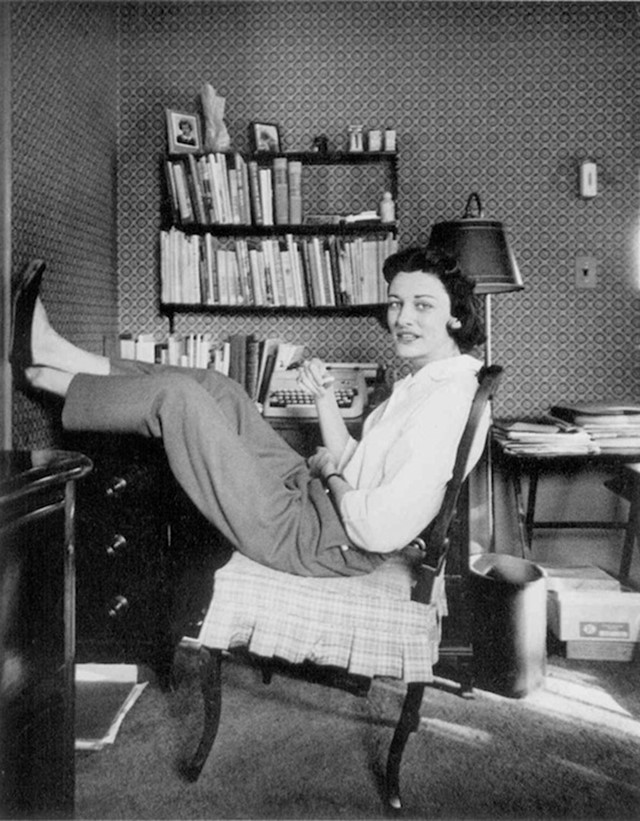
2: Anne Sexton
Sexton was born in Massachusetts in 1928, and her courageous work has always spoken to me. Her brave and forceful metaphors, which she wrote while in therapy, have an untainted purity to them. I remember first reading her controversial and feminist poem The Ballad of the Lonely Masturbator, where she describes the female self as “her workshop”. I particularly love The Awful Rowing Toward God, her last collection, where she tackles the universal theme of mortality. The poems are hauntingly personal where they both enact the triumphs, the pains and the peace of her highly unorthodox faith. Her god seems to be intimately bound up in a man, and the timing of this world. “God owns heaven/ but He craves the earth…He is all soul/but He would like to house it in a body…’ But notoriously ends the collection with her being let down by God describing him as an ‘Island’ and herself ‘still rowing’.
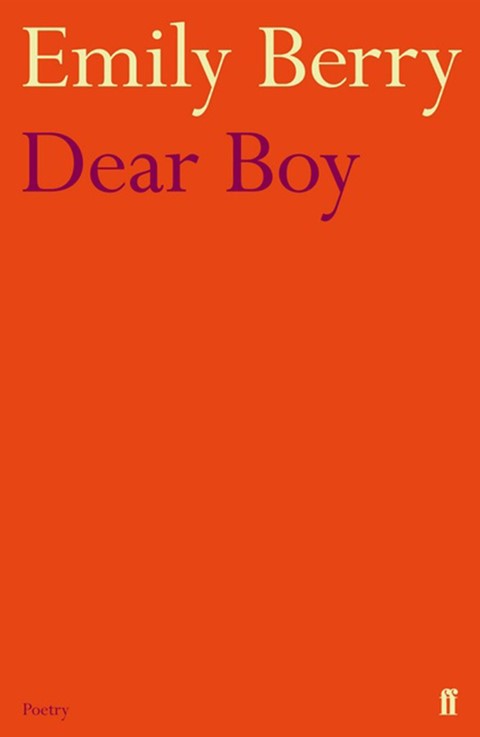
3: Emily Berry
Emily Berry’s collection Dear Boy, published in 2013, is almost a modern day love letter to her long distant relationship with her husband. I find the way she freely draws on her relationship darkly seductive, always showing herself to be in control; in her poem Our Love Could Spoil Dinner she describes him as a “biographer” where she is the creator and he her documenter. Later, in her final poem Bad New Government, she intimately flips the balance of power when addressing her husband. “Love, I woke in an empty flat/to a bad new government… I am writing my first political poem which is also (always) about my love for you.”
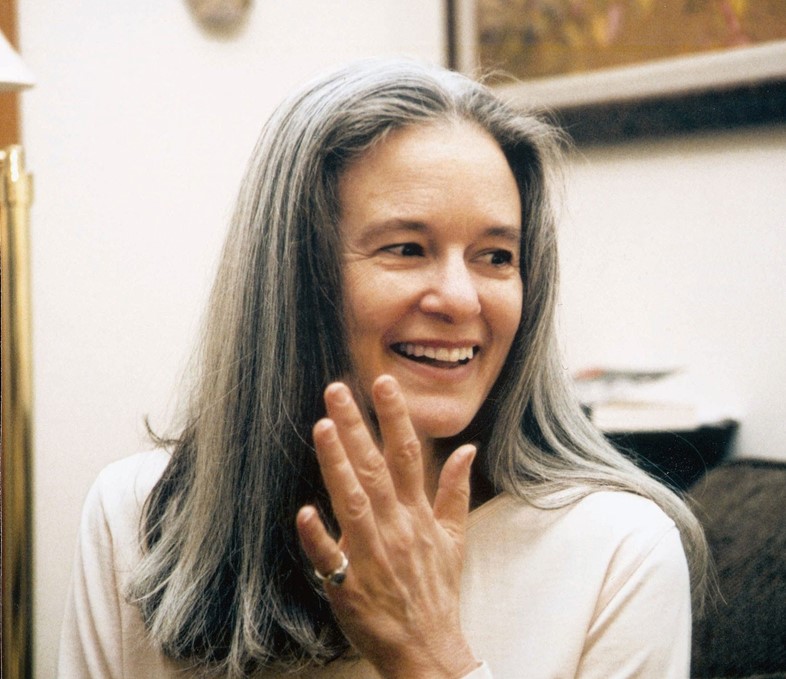
4: Sharon Olds
Stag’s Leap by Sharon Olds is a redemptive and fearless collection of poetry; an intensely personal diary-like book, following her heart-wrenching break up from her husband of many years. I noticed this book when it was published in 2012, and I was intrigued by its new kind of episodic poetry. Each poem pieces together a new part of her memory, a new terror, a new befuddlement. She takes you on a journey of intimate details concerning her children, her parents and her sex life. I find that her poetry is able to disconnect the reader from her seemingly non-poetic life events, yet boldly place you in the middle of her emotive torment and urgent subjective perspective.
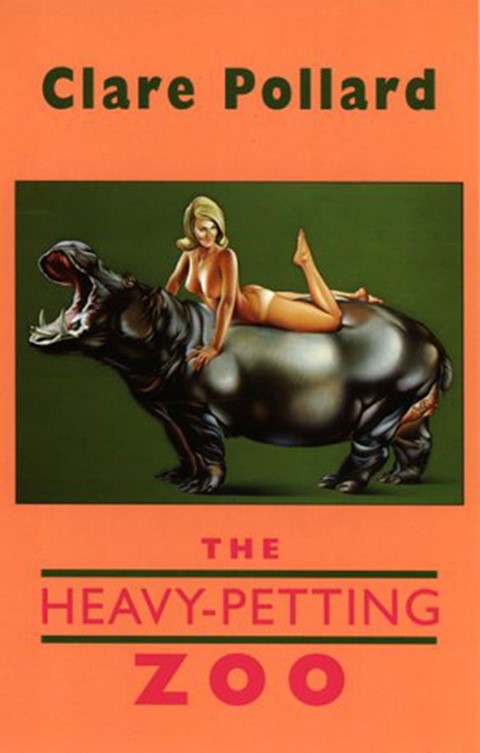
5: Clare Pollard
Finally, young British poet Clare Pollard, who had her first collection The Heavy-Petting Zoo published by Bloodaxe whilst she was still at school in Bolton. For me, her best work is her most recent Ovid’s Heroines, where she brings a new modern take on the famous mythical characters that have been interpreted previously by the likes of Chaucer, Dante and Shakespeare. Clare’s depiction of the heroines is complex and diverse – with a cast of women who are daring, bitchy, sexy, suicidal, miserable, heartbreaking and surprisingly modern.
